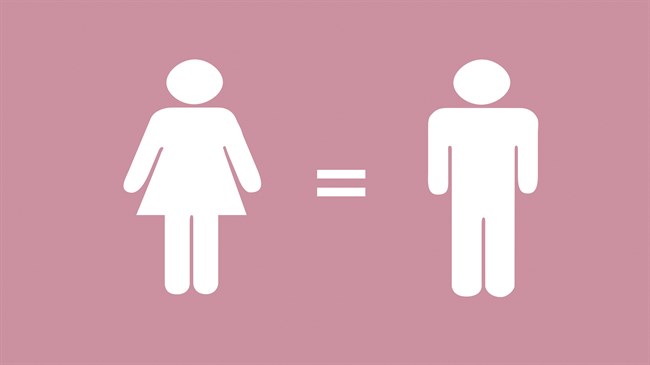
As well as a growth in both parents working full-time, the study found an increase in the working hours of mothers in part-time employment and a growing proportion of households with 'non-standard' working patterns.
According to Physorg, the research examined the work-family arrangements adopted by parents between 2001 and 2013 in Britain, where the male breadwinner family, although in decline, has traditionally dominated. These household employment patterns were used to gauge changes in traditional gender work roles and to what extent parents have combined economic independence and family care in different ways.
The study was led by Professor Sara Connolly and Dr. Matthew Aldrich at the University of East Anglia (UEA), working with researchers at the Thomas Coram Research Unit (TCRU) at UCL and NatCen Social Research. It was funded by the Economic and Social Research Council and the findings published in the journal Work, Employment And Society.
Using data from the EU Labor Force Survey, the researchers focused on couple households with dependent children and examined the relationship between parents' education, care responsibilities (the number and age of children) and the type of work-family arrangement.
Three dominant types of arrangement were identified, which in 2013 accounted for more than four in five families: The 'standard' 1.5 earner, where the father works full-time and the mother works part-time; dual full-time earners; and male breadwinner, where the father works full-time and mother does not work.
There was a significant decline in the prevalence of the 1.5 earner household over the period, from 37 percent in 2001 to 31 percent in 2013, now equaling the proportion of dual full-time earners, which went from 26 percent in 2001 to 31 percent in 2013.
Non-standard working patterns increased from eight to 12 percent, including growth in part-time employment among fathers and main breadwinning among mothers.
Connolly said the findings suggest a behavioral shift towards a gender balance in work-family roles, but also continuity in some traditional models because of the continued reliance of British families on a male sole full-time breadwinner ― over the period studied this accounted for more than a fifth of households (22 percent).
"While our results suggest both some merging and greater diversity in economic provisioning between British parents, the societal infrastructure still tends to promote and support a full-time breadwinner plus part-time carer model, slowing adjustment to the gender revolution," said Connolly, professor of personnel economics at UEA's Norwich Business School.
Aldrich, lecturer in economics at UEA, said: "The dual full-time earner model is growing in significance for British parents of young children but a new gender equality in work-family roles has not yet been reached. It seems that culturally embedded gender-based norms as well as economic calculations are at work, resulting in a very slow adjustment to the view and practice that parental responsibilities can be equally shared by both parents."
A stronger parental leave system to incentivize British fathers to become more involved in the care of children from the outset could help parents manage work and family responsibilities more effectively and fairly.

Add new comment